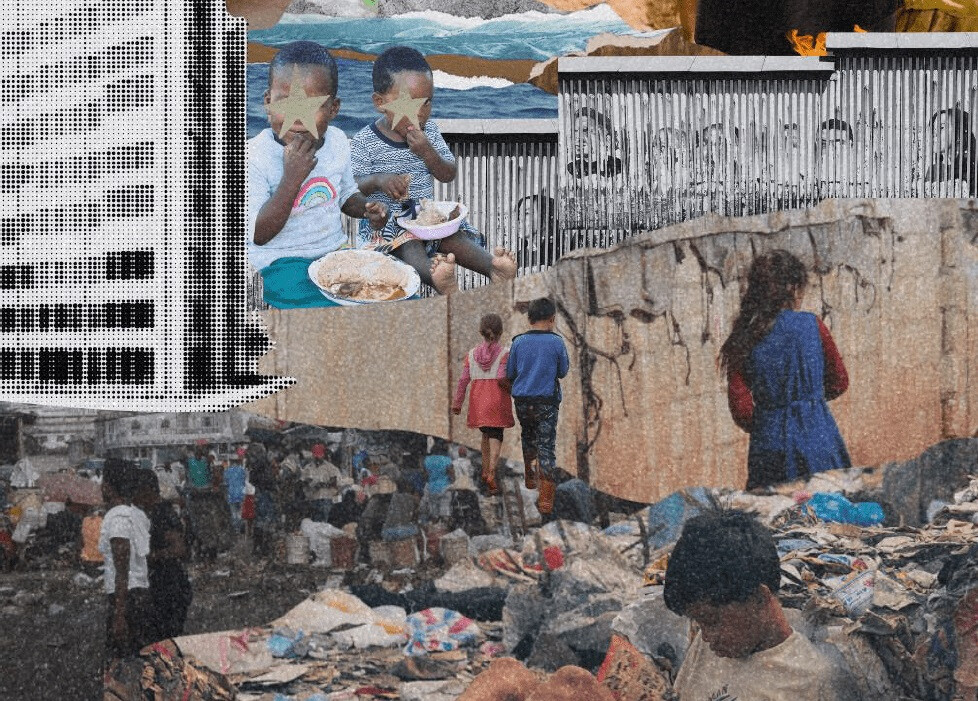
A shocking research finding has been released, predicting a sharp increase in deaths among vulnerable populations worldwide due to massive budget cuts to the United States Agency for International Development (USAID). Concerns are particularly mounting over a rise in child mortality, with warnings that this could escalate into a global health crisis.
According to the latest research presented at the Fourth UN Financing for Development Forum (FFD4) in Seville, Spain, the US government's 83% cut to USAID's budget and the suspension of most aid programs earlier this year are expected to lead to over 14 million preventable deaths worldwide by 2030. It is estimated that 4.5 million of these will be children, further shocking the international community. The study, published in the authoritative medical journal The Lancet, revealed that USAID funding contributed to preventing 91 million deaths in developing countries between 2001 and 2021. USAID support programs reduced overall mortality by 15%, playing a crucial role in reducing deaths among children under five by as much as 32%.
USAID Cuts: "Similar Impact to a Global Pandemic or Large-Scale Armed Conflict"
The study emphasized that USAID funding was particularly effective in preventing deaths from preventable diseases such as AIDS, malaria, and tropical diseases. Davide Lasella, co-author of the study and head of ISGlobal's Health Impact Assessment Group, warned, "The progress made in vulnerable populations' health over the past two decades is at risk of suddenly halting or reversing." He stressed, "The impact on low and middle-income countries will be similar to a global pandemic or a large-scale armed conflict."
Reduced US Role Impacts Other Major Donors
Before the USAID budget cuts, the United States played a pivotal role in the international community, providing over 40% of global humanitarian aid funding. However, with the drastic reduction in budget since the start of the Trump administration, major donor countries like Germany, the UK, and France have also announced plans to cut their foreign aid budgets, raising concerns about further ripple effects. Indeed, Belgium plans to cut development cooperation funds by 25% during the next legislative period, and France intends to reduce Official Development Assistance (ODA) by up to 40% as part of its €32 billion budget cut for 2025. This has reportedly even severed the US supply chain that provides essential nutritional treatment, leading to a global nutritional crisis.
International Community's Anxiety Amplified: US Absence and Vacuum
Around 4,000 people, including heads of state from 70 countries such as French President Emmanuel Macron, Kenyan President William Ruto, the President of the European Commission, and the UN Secretary-General, were expected to attend the UN Financing for Development Forum. However, the US has reportedly notified its absence. This is analyzed to be a severe blow to the activities of the UN and international organizations, which are already struggling with funding shortages, in addition to a vacuum in US international leadership.
Experts point out that the massive USAID cuts are not merely a financial readjustment but an abandonment of US soft power, development diplomacy, and value-based international leadership. USAID has often encouraged co-financing from other donors, amplifying the impact of development initiatives. Therefore, these cuts are expected to cause other donors to withdraw and exacerbate funding shortages, particularly in vulnerable regions.
Long-Term Ripple Effects: Disease Spread and Deepening Humanitarian Crises
The suspension of USAID support is causing severe setbacks in efforts to combat infectious diseases such as HIV/AIDS, malaria, and tuberculosis. Humanitarian aid organizations like the International Rescue Committee (IRC) have been forced to suspend programs operated with US funding. This not only increases the risk of disease spread but also has implications for US border security. Furthermore, the cessation of programs in various sectors, including disaster response to climate change, food security, and democracy promotion, is expected to deepen global humanitarian crises and accelerate forced displacement.
The massive US foreign aid cuts are inflicting irreversible damage on global health and development, and their repercussions are likely to cause immense loss of life and instability worldwide. It is time for the international community to urge the US to resume its responsible role and make multifaceted efforts to overcome this crisis.
[Copyright (c) Global Economic Times. All Rights Reserved.]




























